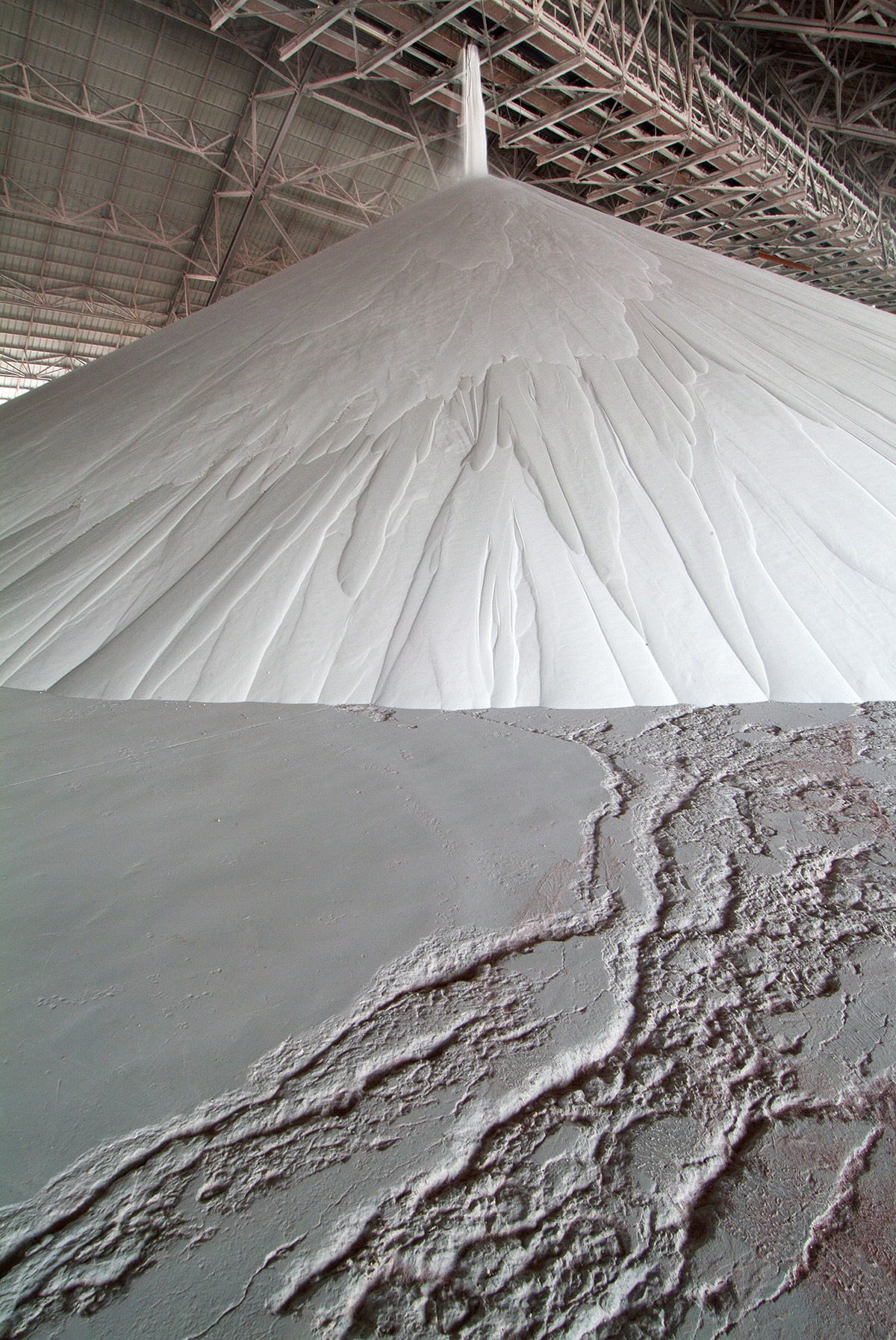Clean Air Law
Israel’s Clean Air Law was enacted to improve air quality and reduce air pollution. ICL has invested significantly -and will continue to invest over the next few years - to comply with emission permits granted under the law. As a result, ICL’s emissions into the air have decreased considerably. \
The aim of Israel’s Clean Air Law is to improve air quality, as well as to prevent and reduce air pollution, by implementing both prohibitions and obligations according to a precautionary principle, to protect the health and quality of life of human beings, as well as to protect the environment. The Clean Air Law addresses fixed sources (including our plants and facilities), and it is intended to serve as a platform for implementing the IPPC directive adopted by the European Union in 1996.
All of ICL’s plants in Israel have received air emission permits.
All of our plants in Israel have received updated air emission permits in recent years. These permits include provisions regarding the application of BAT (Best Available Technology), as well as monitoring, control and reporting to Israel’s Ministry of Environmental Protection. We are also taking steps to implement a plan to address the requirements of the air emission permits, in coordination with the Ministry of Environmental Protection.
ICL has made significant investments, to comply with emission permits - as a result, ICL’s emissions into the air have decreased considerably.
By the end of 2016, our plants at Mishor Rotem received an emission permit pursuant to the Israeli Clean Air Law, and we are endeavoring to implement the requirements of that permit. During 2017, we advanced a number of issues, including activation of a control and warning system for all air treatment systems, operational optimization of existing systems to treat particulate emissions, installation of new systems and others. In March 2017, we commenced operation of a new absorption system in the fertilizers plant, replacing a system damaged in a fire that occurred in June 2015.
Filtering systems for the Zin plants were also completed, and we moved into the second stage of installing an additional pumping and filtering system.
In accordance with the requirement of the Ministry of Environmental Protection and the Environmental Unit, plants at Mishor Rotem, including ICL Rotem, Periclase and others, completed their establishment of an air quality monitoring system, activated in 2017.
During 2017, ICL Rotem was summoned to an administrative hearing at Israel’s Ministry of Environmental Protection in connection with alleged violations of its emission permit. Dead Sea Magnesium was also summoned for a hearing regarding the Clean Air Law.
At the ICL Dead Sea site, we operate three air quality monitoring stations pursuant to the Clean Air Law. The data, which is measured on a continuous basis, is automatically sent to the internet site of the National Monitoring Center of the Ministry of Environmental Protection, which is accessible to the general public.
Over the next few years, we will make additional significant capital investments in order to comply with its emission permits.
Discover More


